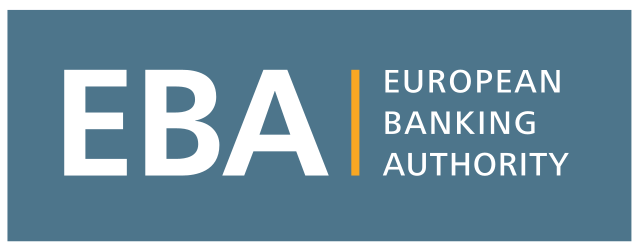
The fight against money laundering and the financing of terrorism is being addressed from multiple fronts. From private initiatives that promote and encourage the prevention of money laundering, to international institutions or national governments that apply and enforce prevention regulations. Among all these actors, supervisory authorities stand out as the link between public and private sector entities.
In June 2019, the European Council approved the Strategic Agenda 2019-2024. The Strategic Agenda aims to address the opportunities and challenges that the European Union must face during this period, guiding the work of the institutions in the coming years. This initiative is based on four pillars:
- Protection of citizens and freedoms;
- Development of a strong and dynamic economic base;
- Building a climate-neutral, green, fair, and social Europe;
- Promotion of European interests and values on the global stage.
In the first pillar — the protection of citizens and freedoms — the Council highlights the need to intensify the fight against terrorism and cross-border crime, improving cooperation and information exchange through the development of common instruments. To meet this goal, the European Union has been developing various initiatives, including giving the European Banking Authority a greater role in combating money laundering and the financing of terrorism.
European Banking Authority
The European Banking Authority was established in 2010 through Regulation 1093/2010 with the goal of “protecting the public interest by contributing to the stability and effectiveness of the financial system.” Among its specific responsibilities, the European Banking Authority contributes to the improvement of the functioning of the internal market; oversees the integrity, transparency, efficiency, and proper functioning of financial markets; and strengthens international supervision.
In the area of money laundering prevention, the European Banking Authority lacked the necessary tools to promote or collaborate in preventing money laundering and the financing of terrorism. This changed with the approval and subsequent entry into force of Regulation 2019/2175, which addressed the demands raised by the European Council in the 2019-2024 Agenda.
This regulation grants the European Banking Authority specific authority in prevention matters, allowing it to “prevent the use of the financial system for money laundering and the financing of terrorism.” Under this premise, the European Banking Authority will ensure the coherent, effective, and efficient application of the prevention regulations applicable to financial sector entities.
Within its preventive responsibilities, the Authority has several specific functions granted under the 2019 Regulation. As part of its basic framework of competencies, the Regulation states that the European Banking Authority will assume a “leadership, coordination, and oversight role” in promoting transparency, integrity, and security of the financial system through measures aimed at preventing and combating money laundering and terrorist financing. These measures will include:
- The collection of data, provided by the relevant authorities, on deficiencies detected in relation to money laundering prevention and combat;
- The coordination and exchange of information with competent authorities, including the European Central Bank;
- The development and promotion of common standards and guidelines for preventing and combating money laundering;
- The provision of technical assistance to competent authorities upon request;
- Monitoring market developments, resulting in an analysis of vulnerabilities and risks related to money laundering and terrorist financing.
In addition to these competencies, the European Banking Authority has the power to request an investigation into matters related to the prevention and fight against money laundering and the financing of terrorism. This request will be made to the relevant authority when there are indications of serious violations. The competent authority must respond to the European Banking Authority’s request and report, within no more than ten days, on the measures taken to address the request.
I am an obliged entity and looking for an AML tool.
Great! You’ve come to the right place at the right time. Request a demo with the Pibisi team and tell us what you need with no obligation.
I’m not sure if I’m an Obliged Entity…
No problem, it’s a very common question. Take our simple questionnaire and find out NOW.
If you want to stay updated with new articles, subscribe to our newsletter if you haven’t done so already.
And if you’d like to suggest a topic you’d like us to write an article about, or you simply want to get in touch with us, you can do so via our contact form.

